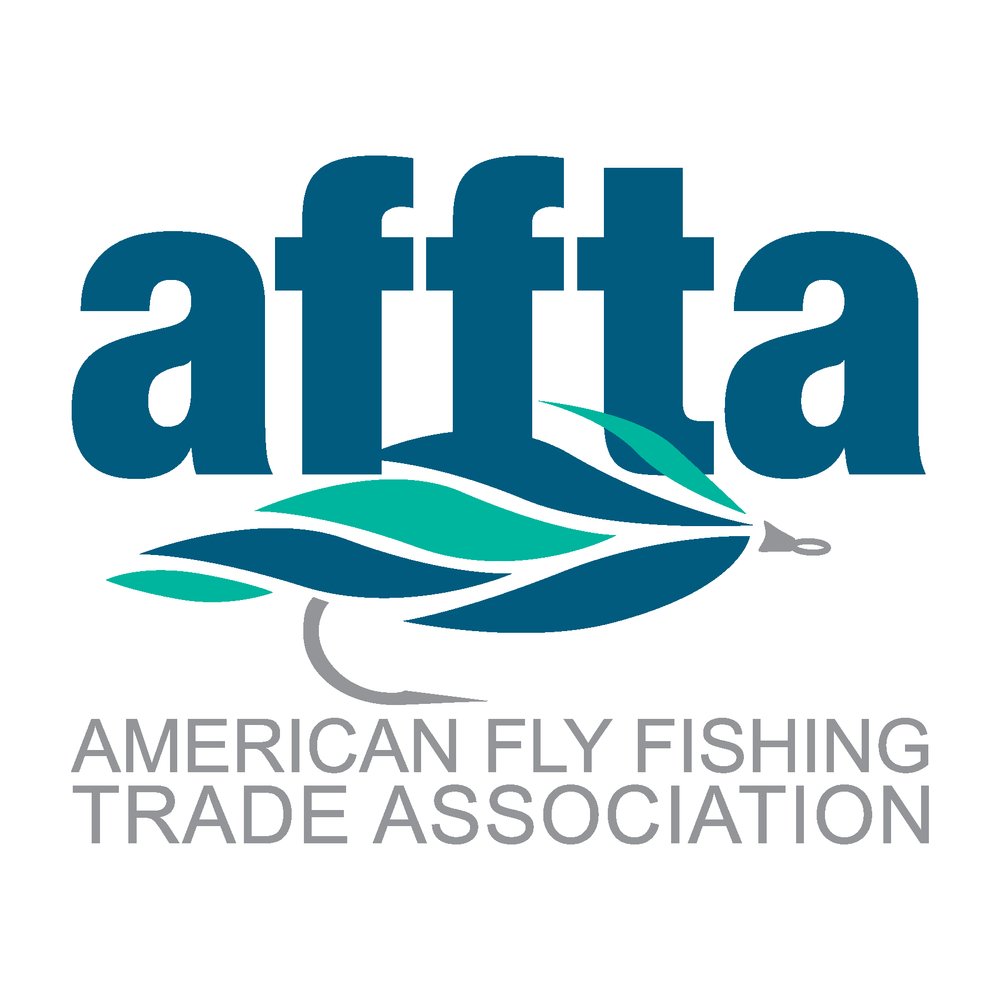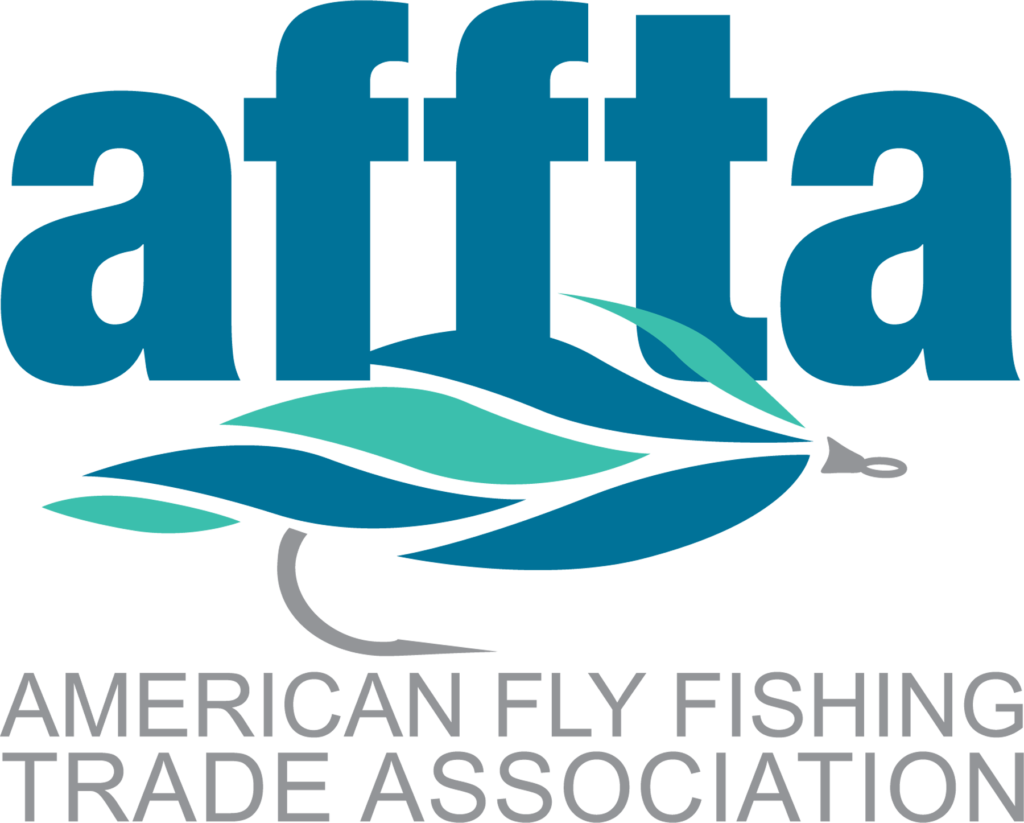Anchored In Advocacy
There’s no escaping it. Change is not only in the air and on the ground, but in the waters. Science clearly shows that protecting our fisheries from the effects of a changing climate is the greatest challenge to date for the fishing community. Especially during this time of particularly rampant change, it’s important to remember this isn’t the first time we have successfully navigated seemingly larger-than-life threats to our pastimes and livelihoods. Where recreational anglers in the past have stood up and made their mark on history by securing abundant, resilient fisheries, the impacts of climate change on our fisheries and our industry’s economic health will require the greater fishing community, including fly fishing industry leaders, to rise up as it has never before. The history of the recreational angler as the true vanguard of conservation is the story of individuals and organizations recognizing our collective responsibility and leveraging our experience to conserve and protect the natural resources essential to our sporting, economic, and cultural values. Time after time, anglers have proven that standing up and advocating for their needs, can lead to sustainable progress. None more impactful than two of the most important pieces of legislation to the well-being of our nation’s fisheries: Magnuson-Stevens Fishery Conservation and Management Act (MSA) The single most influential angler-driven initiative is the Magnuson-Stevens Fishery Conservation and Management Act (MSA). Passed in 1976 and reauthorized through bipartisan support multiple times since, the MSA is the primary law governing marine fisheries management in U.S. federal waters. The MSA extended U.S. jurisdiction to 200 nautical miles offshore and established eight regional fishery management councils with representation from the coastal states and fishery stakeholders. The councils develop fishery management plans that comply with the MSA’s conservation and management requirements, including 10 national standards to promote sustainable fisheries management, including preventing overfishing; rebuilding overfished stocks, increasing long-term economic and social benefits; ensuring a safe and sustainable supply of seafood; protecting habitat that fish need to spawn, breed, feed and grow to maturity; and more. The MSA also mandates that U.S. fisheries management includes a transparent and public process of science, management, innovation, and collaboration with the fishing community. These tenets make the MSA a tool ripe for anglers and the general public to participate in the highest levels of the fisheries management paradigm. The Clean Water Act Passed in 1972 with strong bipartisan support and which the fishing community at large championed, the Clean Water Act was a historic milestone establishing a fundamental right to clean water. One of its primary metrics is “fishable” waters. While the Clean Water Act remains one of our nation’s most vital safeguards for the health and safety of our communities and environment, it is not immune from becoming a political volleyball. With each new administration and Congress, the angling community continues to protect it as the law of the land, despite attempts to change its interpretation. Advocacy Evolved In just the last few decades, U.S. anglers have witnessed challenging stock shifts as rising ocean temperatures push fish populations and bait further offshore and northward. In the Rocky Mountains, lower waters and warmer temperatures have triggered “hoot owl” regulations in places like Montana, where fishing for the state’s world renowned wild trout has been greatly restricted. In Florida, fish kills due to algal blooms and red tide events are amplified by warming ocean temperatures and sea level rise. In the Gulf of Mexico, warming ocean temperatures, more freshwater runoff, and other climate-driven changes continue to decrease dissolved oxygen content, further decreasing suitable habitat in an area already losing important fish habitat at an unparalleled rate. Along the Pacific coast, the crippling multiyear marine heatwaves have forced closures in historically large and productive fisheries, decimating anadromous species returns from the Sacramento River to the Yukon River, the effects of which we are still feeling to this day. Impacts such as these can often appear so big and so complex that they get siloed as individual events. While it is nearly impossible to attribute any single event exclusively to a larger cause, the overall picture is clear: All of these events are directly caused or worsened by our changing climate. ALL of the aforementioned events explicitly threaten the livelihoods and economic vitality of retailers, guides & outfitters, manufacturers intertwined with those ecosystems. Secure economic futures for the suite of AFFTA members requires abundant fisheries, connected, healthy habitat and thriving communities dependent on resilient fisheries. While - thanks to the past actions of dedicated anglers - the U.S. is the leading edge for fisheries management and fish and wildlife conservation, attaining those key aspects of climate resilience in the face of the greatest challenge yet to fisheries will require an unprecedented coalition of anglers and industry. The For Tomorrow’s Fish campaign adds the powerful voice of leading fly fishing businesses to the conversation of funding climate resilience, passing legislation for climate resilience and managing for climate resiliency. READ: UNDERSTANDING THE TOMORROW’S FISH CAMPAIGN Reasons To Be Involved Stable Economic Forecasts Purpose-Driven Customer Connections Form Authentic Connections With Decision Makers Ways To Get Involved Email For Tomorrow’s Fish Campaign Coordinator Daniel Ritz at Daniel.Ritz@affta.org to join one or more of the following AFFTA For Tomorrow's FIsh Network, specifically designed to speak to the unique interests of your AFFTA membership : 
Anchored In Advocacy
The history of angler advocacy shows AFFTA's unified voice can secure climate resilient fisheries businesses can depend on for generations to come.
 Anchored In Advocacy
Anchored In Advocacy 

Images


